It has been labeled as the world’s worst industrial disaster. Thirty years ago, on December 2-3 night, a cloud of deadly methyl-isocyanate enveloped the sleeping innocents in the neighbourhood of the Union Carbide plant that killed at least 3000 immediately and left thousands others suffering a lingering death. Even after three decades of struggle, justice remains a distant cry.
In this fifth of the six part series, TwoCircles.net profiles how highly educated activists backed with neat documentation and research have helped the cause of gas victims.
Read Part 1 here: “It was difficult for mothers to save their children, for children to save their aged parents”
Read Part 2 here: Widows of tragedy an icon of government’s apathy
Read Part 3 here: Abdul Jabbar: an underrated champion
Read Part 4 here: In quest of justice, women are leaders not pleaders
By Mohd Ismail Khan, TwoCircles.net,
Bhopal: One wonders what can be positive about deep insides of a congested filthy slum near the eerie, now-shut Union Carbide plant. The overflowing sewage occupies half of the space on the already narrow streets.
And lo! There it is. A spacious low-cost housing prototype building, standing in the midst of a two acre garden land, almost seems like a dream. Solar panels line one side, there is a play ground complete with slides and climbers for children and natural light fills the large airy spaces in the spick-and-span building.
Welcome to Sambhavana Clinic, running since 1996, providing free medical care to the gas affected victims. This place also doubles up as a research headquarter where activists of the Bhopal Group of Information and Action (BGIA) enabling them to revive the gas tragedy issue from a near death.

In the three decades since the ghastly gas tragedy, Sambhavana’s work – as the name suggests (sambhavana in Hindi is possibility) – has created new possibilities for the relief and rehabilitation for the victims of what has been labeled as the world’s worst industrial disaster. Thirty years ago, on December 2-3 night, a cloud of deadly methyl-isocyanate enveloped the sleeping innocents in the neighbourhood of the Union Carbide plant that killed at least 3000 immediately, official count contested by activists, and left thousands others suffering a lingering death. Even after three decades of struggle, justice remains a distant cry.
As the 30th year anniversary of the Bhopal Gas Tragedy approaches, Sambhavana Clinic sees more young activists and foreigners than the patients. Out in the lawn, 60-year-old Satinath Sarangi, popularly known around as Sathyu, calmly explains events and facts to a journalist holding a bundle of files, from which he takes out relevant documents to support his statements.

Sathyu, an M Tech from IIT BHU, founded Sambhavana Trust and since then tried to change the face of the Bhopal gas movement from mere local agitations to an international stance. From Sambhavana, he and his team gave the movement a much needed boost of well-equipped researched information to back the victims’ claims. Some described it as a call center style activism but on many fronts this approach has yielded dividends.
For instance, claims of soil chemical contamination in residential slums around the abandoned factory site were being made without any scientific proof and the government agencies were not taking the matter seriously. BGIA then got soil sample tested in Boston-based laboratories. The labs found high level of toxic contamination, thus giving vindication and ammo for their charges. “Likewise, the BGIA made a sustained research on several gas related issues and has preserved all the related documents in a well maintained library, completely dedicated to the gas tragedy victims,” he says.
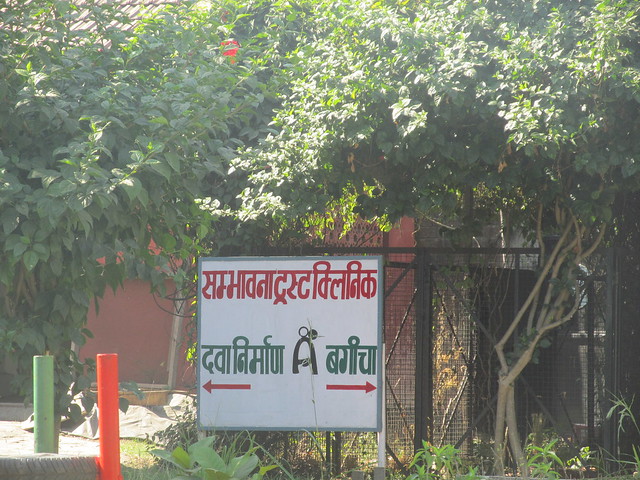
And that’s what makes them stand out. To be fair, there are several other organizations such as Rasheeda Bi and her Bhopal Gas Peedit Mahila Stationery Karmchari Sangh; Bhopal Gas Peedit Mahila Purush Sangharsh Morch; Bhopal Gas Peedit Nirashrit Pension Bhogi Sangharsh; Children Against Dow Carbide and Abdul Jabbar Khan of Bhopal Gas Peedit Mahila Udyog Sangathan (BGPMUS). The BGIA not just has modern resources to carry out research and also back it up with data obtained from RTI; it also helps as a back end office for all these and many other organizations.
Calling for Bhopal and how everything is still not over
It has been a long way for Rachna Dhingra, one of the senior activists of the BGIA, who joined the gas victims’ movement 14 years ago. A BBA graduate from Michigan University (USA), she joined the protest when another multi-national company Dow Chemicals was taking over the Union Carbide and victims from Bhopal had gone to the US protesting the merger. They were asserting that Dow Chemicals can’t just take up Carbide’s assets but will also have to assume its liabilities.
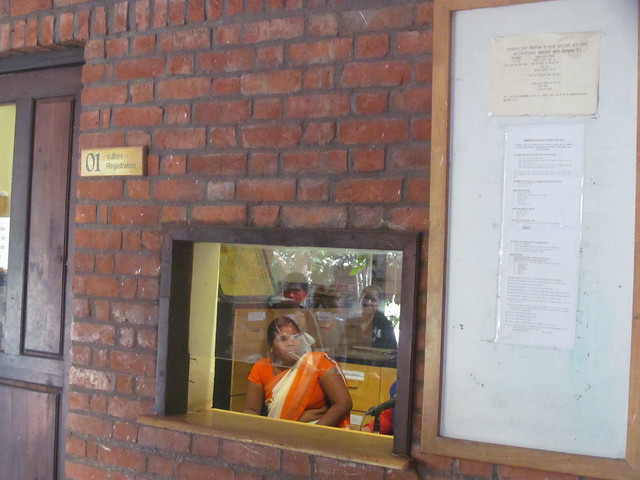
“Lot of people thought everything was over in Bhopal and things were alright. It was only at that time – when gas victims were protesting at the US – I found out how things were worst for the people of Bhopal than it was on the day of the disaster,” Dhingra, who recently dabbled in politics by contesting on a ticket by Aam Aadmi Party (AAP) during the 2014 Lok Sabha polls here.
She quit her job at Accenture and shifted to Bhopal to be part of the movement full time. “The story of Bhopal is inspiring in itself how the poorest people are fighting against the most powerful corporations for justice and dignity. It’s not just about one Bhopal, it’s happening around the world and in this country where Corporates put profit maximization over people’s health and life,” she explains what moved her to join Bhopal struggle.
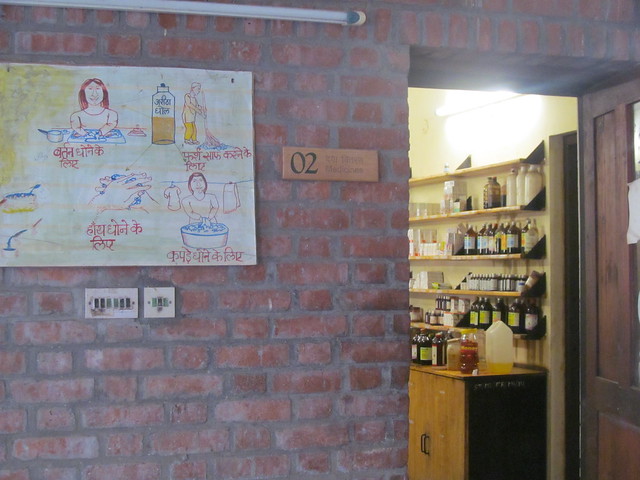
Thirty years later, she believes Bhopal still doesn’t have any dignity, “Not a single corporate went behind bars for this massacre, which still continues in the form of thousand tons of toxic waste. Children are born with birth effects. Many victims went through humiliating process to prove themselves as gas victims just to get $500.”
The activist recalls how people walked twice to Delhi only to get safe drinking water. “They walked continuously for 37 days!” The disaster of this magnitude would have yielded different results had it occurred in a western country or for that matter, in an affluent area, in India. “These people have still to fight for basic health and issues such as clean water,” she points out.
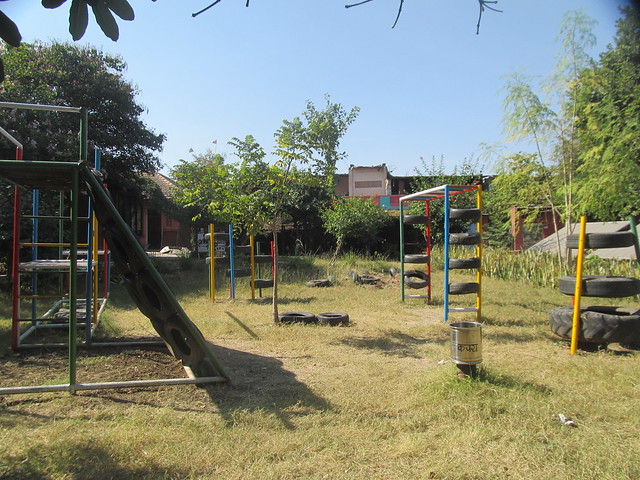
Branding the state government’s Bhopal Gas Relief Department as the most corrupt department, she claims: “Anyone who wants to make money comes to this department.”
Through scores of applications filed under Right to Information (RTI), BGIA has exposed massive corruption in rehabilitation funds. “Crores of rupees have been spent, not a single gas victim got employment but, on paper, they show 7,000 people were employed. Victims’ rehabilitation is a money making machine for the babus.”

Banking on their research, a PIL was filed by BGIF in the Supreme Court charging large scale discrepancies in the hospitals meant for gas victims. The Supreme Court formed a committee to inspect the hospital and later a Monitoring Committee report vindicated the stand of the activists.
Apart from the court cases and paperwork, activists at the BGIF are also out on the streets many a times – getting roughed up by police, banging on Dow Chemical’s office door in Mumbai to sitting on a hunger strike at the Wall Street. Recently BGIF, along with four other organizations, staged a massive demonstration at Delhi where five gas effected women sat on waterless hunger strike.
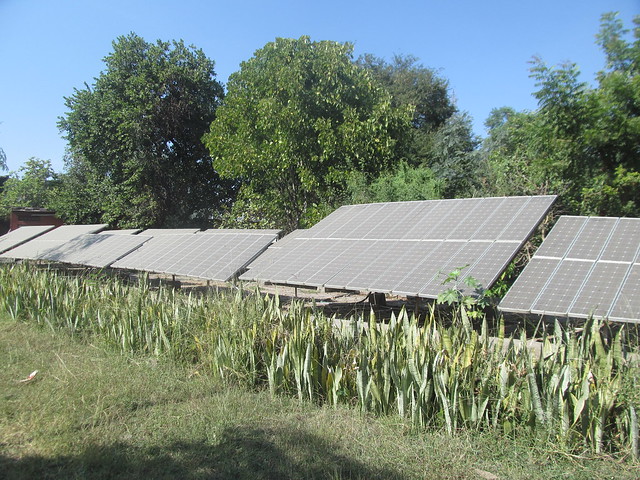
It resulted in the government assurance to enhance the compensation amount. “We have been demanding this for four years. The last government rejected it but this time, the new Government has assured enhancement. If it happens, then a 28-year-old demand of gas victims will be fulfilled,” she says.
Local women, she says, are very inspirational, “Women here have been in the forefront in leading the fight which is very inspirational. The courage which these women show in fighting the most powerful, from ministers to corporate is really thrilling.”
Government has confiscated her passport, she claims, due to the criminal cases slapped by the police under different penal code sections: on charges of disobedience, for obstructing public servant, criminal intimidation, assault, mischief leading to damage of ‘Rs 50’, rioting and – this is the gem among them all – charges related to obscene act and songs.
But even after all the hardships, she feels it’s worth a fight, but only, “If we set the right precedent that Corporate greed is not acceptable.
Slideshow:
Related:
Bhopal – Three decades of Struggle

